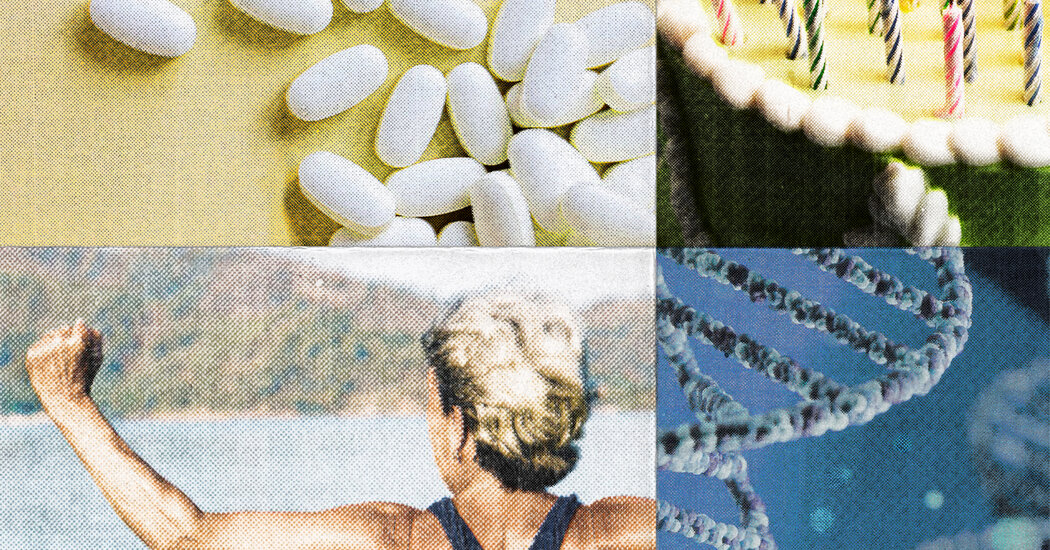Copyright The New York Times

The cells in our bodies naturally break down as we age, making it harder to bounce back from illness and injury in our later years. What if you could make your cells more resilient to damage to stave off that decline? That’s the idea behind N.A.D.+ boosting, a trendy longevity therapy. Nicotinamide adenine dinucleotide, or N.A.D.+, is a molecule found in all cells that’s essential for repairing damage, generating energy and encouraging healing. N.A.D.+ levels decrease with age, and some scientists think that increasing those levels through infusions or supplements could potentially slow the aging process. But they warn that the treatments are unregulated and largely unproven. Research on mice strongly supports using some N.A.D.+ boosting therapies for healthy aging, said Daniel Craighead, an assistant professor of exercise physiology at the University of Minnesota who has studied N.A.D.+. But scientists don’t know whether the therapies currently on the market meaningfully improve health span or life span in humans, he said. “The literature is very scarce” on health span and life span, echoed Jonas Thue Treebak, an associate professor at the University of Copenhagen’s Novo Nordisk Foundation Center for Basic Metabolic Research. “The science is almost nonexistent.” That hasn’t stopped people — including longevity expert-influencers like David Sinclair and celebrities like Joe Rogan — from trying the treatments. What Researchers Know So Far N.A.D.+ levels below a certain threshold are correlated with a higher risk of organ and tissue dysfunction, said Dr. Shin-ichiro Imai, a professor of environmental medicine at Washington University School of Medicine in St. Louis. (Many experts who study N.A.D.+ also have associated financial ties. For example, Dr. Imai receives royalties on patents for some products related to N.A.D.+.) Thank you for your patience while we verify access. If you are in Reader mode please exit and log into your Times account, or subscribe for all of The Times. Thank you for your patience while we verify access. Already a subscriber? Log in. Want all of The Times? Subscribe.



